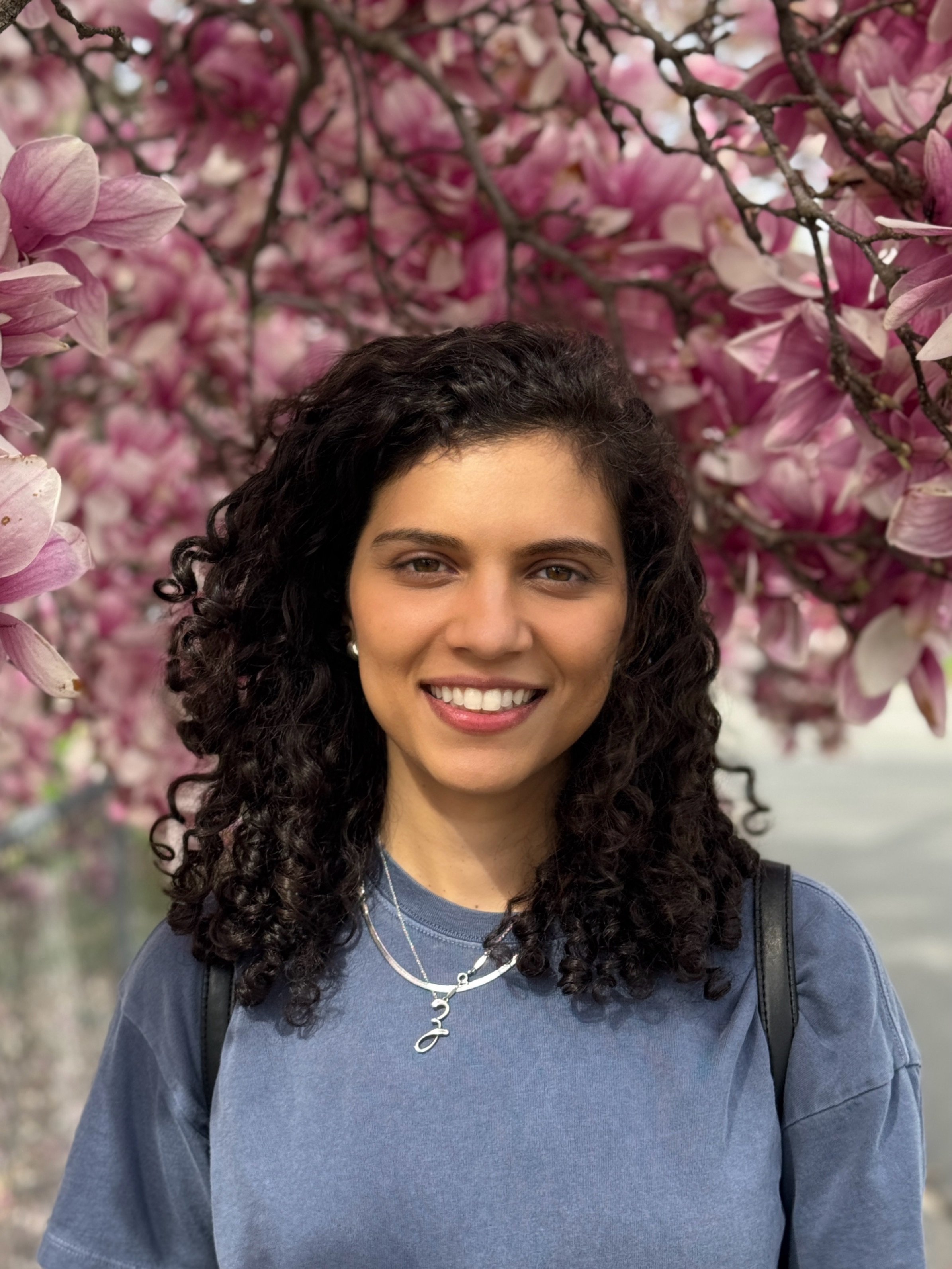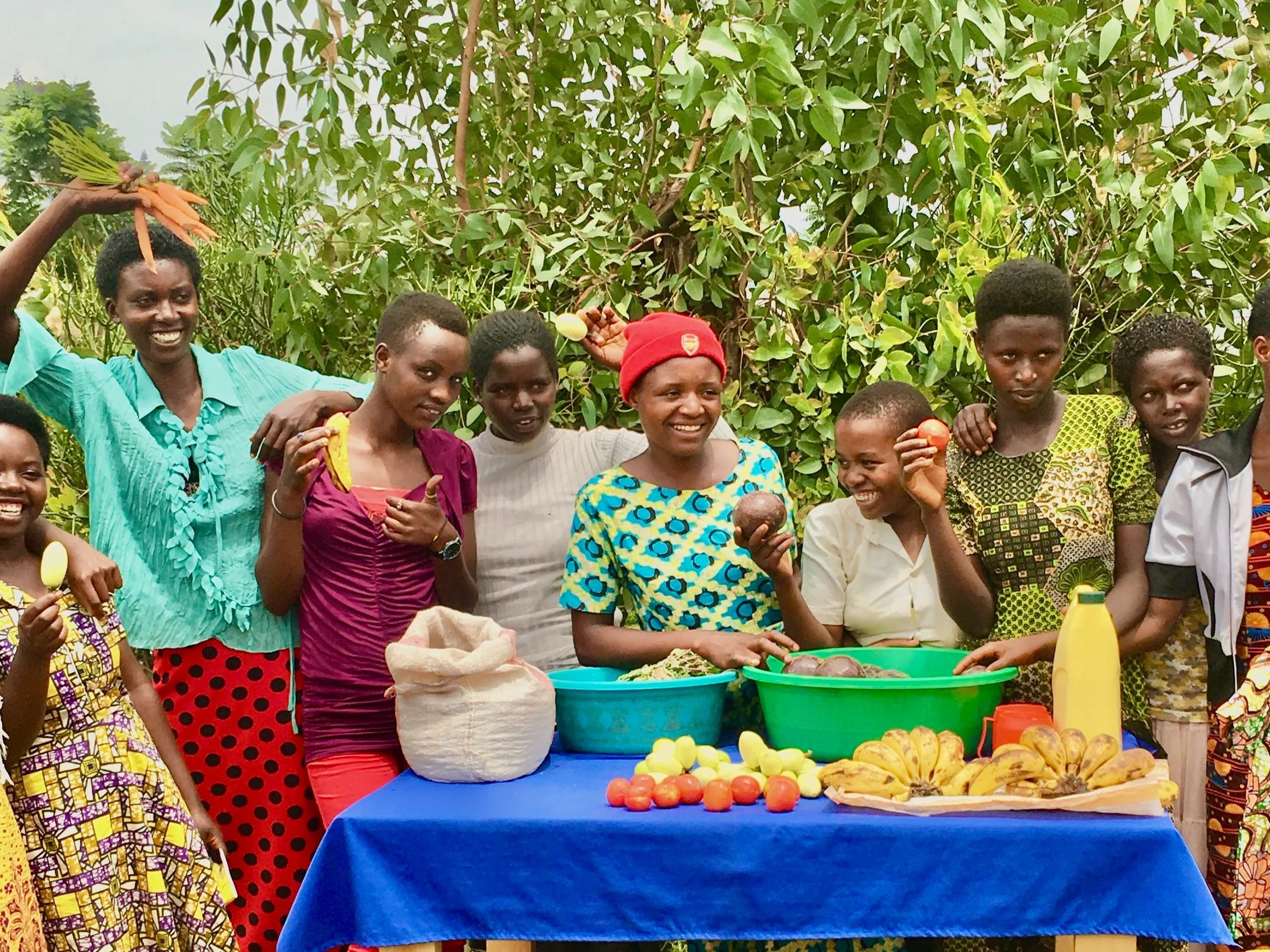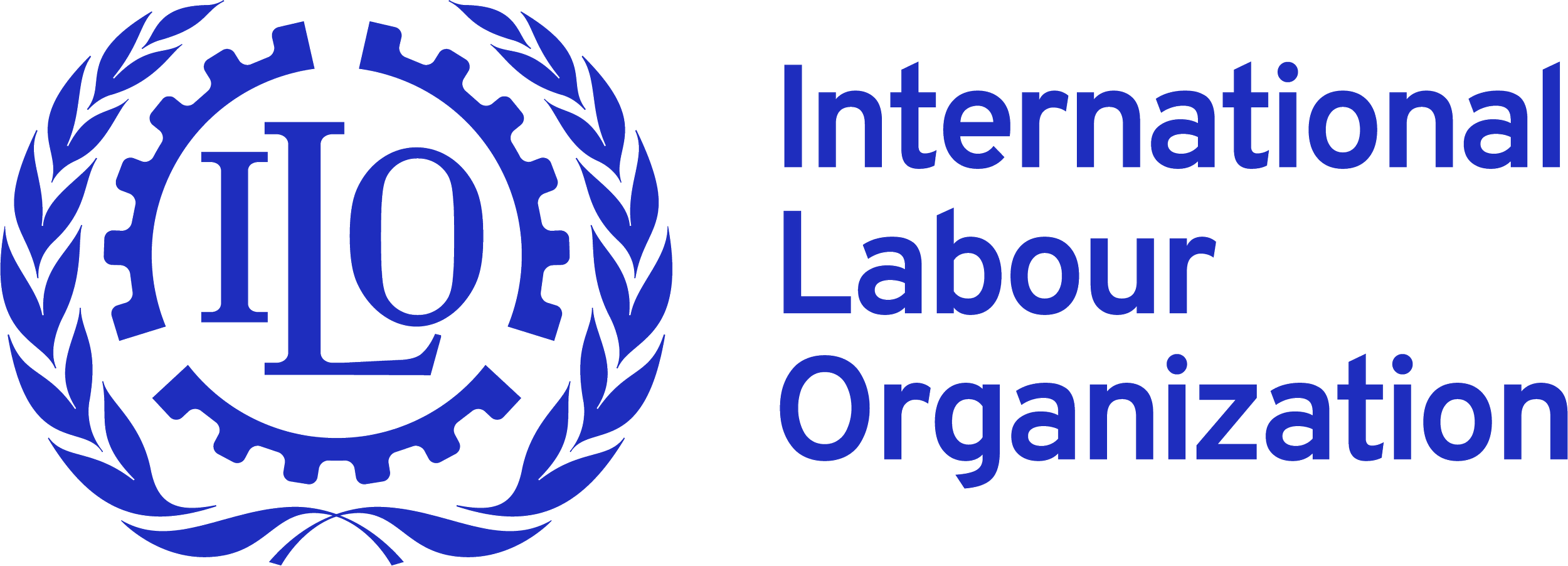
Hi, I’m Zahra.
I can help you
I approach every challenge with five core beliefs
1. People in poverty are rational actors
They are farmers, laborers, factory workers and entrepreneurs doing their best to support their families, but are trapped within systems that restrict their chances to advance and are often designed to profit from their struggle.
Conserving Hilsa Fish in Bangladesh
The Problem: Bangladesh's Hilsa - the country’s national fish and biggest export - was in decline from overfishing. The government had imposed fishing bans, created sanctuaries, and rolled out compensation schemes. This slowed the decline, but it didn't reverse it. Enforcement was inconsistent, buy-in was low, and most critically, the people whose lives depended on Hilsa weren't part of the decision-making.
Approach: Working as an Inclusive Markets Specialist for the NGO, iDE in 2016, I had extensive conversations with fishers to understand their needs and concerns. I helped the Department of Fisheries align enforcement with fisher incentives and ensured fishers took an active role in decisions. Instead of simply banning fishing without alternatives, fishers were given new livelihood opportunities so they could survive during closed seasons.
Impact: By 2019, Hilsa catches had gone up by 37% compared to 2015, resulting in $635 million in additional value than projected. Household incomes in fishing communities rose by 86% in intervention areas, compared to 53% in control areas according to an independent evaluation. Conservation works when the people most affected become partners in the solution.
From Competition to Collaboration: Building RISE in Global Apparel
The Problem: The largest women’s empowerment programs in apparel—BSR’s HERproject, Gap Inc. P.A.C.E, CARE International, and Better Work—were separately engaging the same 50 brands, creating duplicative efforts that overwhelmed factories and diluted impact.
Approach: Recognizing the need for greater impact, the four organizations joined forces to build a single, collaborative initiative. As CARE’s scaling advisor (2022–2025), I led the internal change process to shift CARE’s country offices from direct implementation to systems convening. This meant helping teams let go of standalone programs and instead adopt a unified, partnerships model. I guided restructuring efforts—from fundraising to delivery—and represented CARE in partnership negotiations to ensure field priorities shaped the new initiative.
Impact: The result was RISE, a groundbreaking alliance now aiming to reach 20 million workers. By consolidating efforts, we eliminated redundancies and amplified impact. RISE showed that when companies, NGOs, and governments align around shared, evidence-based solutions, the sector becomes more effective—and women workers benefit most.
2. Poverty is a collective action problem
The root causes of poverty are many, and no, one organization can solve for them alone. Problems are solved when companies, governments and non profits work together.
3. Be loyal to the problem, not the solution
There might be simpler and more effective ways to achieve your goals that someone else has invented and that’s ok. Scale what works, not what you think ought to.
4. Building just systems requires human and financial investment
The cost of ethical sourcing, and paying living wages may not be good for shareholder return in the short run, but sustains business in the long run.
Advancing Migrant Worker Protections in Qatar
The Problem: As Qatar prepared to host the 2022 FIFA World Cup, millions of low-wage migrant workers—mainly from South Asia and Africa—labored under exploitative conditions, with thousands dying since the country won the bid in 2010. Despite international scrutiny, reforms remained slow, and workers continued to pay exorbitant recruitment fees just to access jobs that often failed to deliver promised wages or safety.
Approach: From 2020–2022, I served as researcher and advisor to Michael Posner, former U.S. Assistant Secretary of State and Director of NYU Stern’s Center for Business and Human Rights. I led the Center’s strategy to address forced labor in Gulf construction, co-authoring a landmark report used to brief the U.S. Departments of State and Defense, ILO officials, and Qatari government representatives. It documented how unethical recruitment practices were central to the cycle of exploitation. We proposed a clear solution: shift recruitment costs from workers to employers and enforce ethical hiring standards across supply chains. I also authored a viral Juggernaut op-ed that humanized the issue and helped reach new audiences.
Impact: Our work helped catalyze international policy dialogue and exposed the human cost of mega-sporting events. By combining policy advocacy with storytelling, we reframed migrant labor as a solvable systemic issue and showed that holding employers accountable for recruitment costs is both ethical and feasible.























